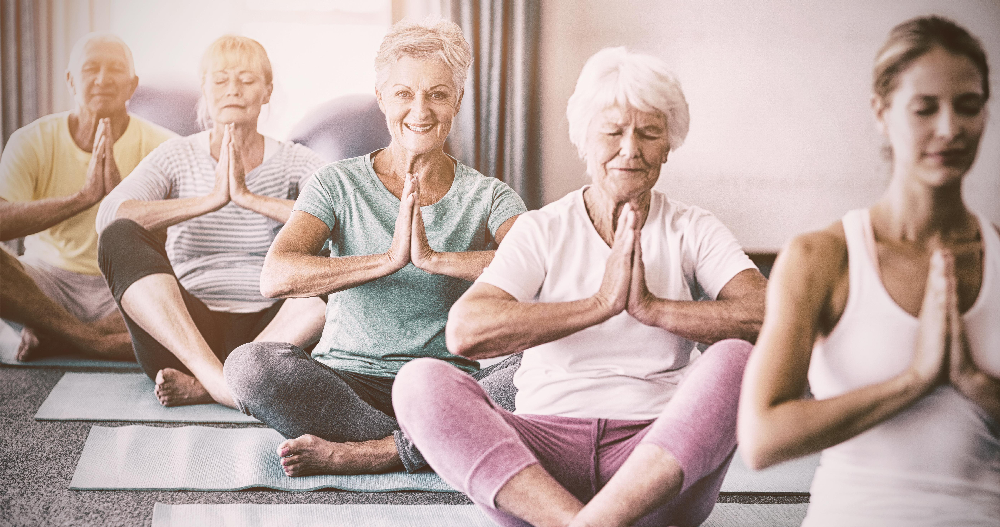Being kind. The cheapest investment in healthcare.

'Kindness costs nothing' is a saying we have often heard throughout our lives. Smiling at a passerby, waving a hello, feeding a stray, opening a door for someone, giving up your seat on the bus for an elderly or a pregnant woman. None of these actions burns a hole in your pocket. These are all indeed acts of kindness. The term ‘kindness’, means different things to different people, an act of kindness to me, may or may not seem the same to you. This is the reason why major ethical issues and issues of morality prevail.
It is only normal that definitions of kindness differ, much like the differentiation between right and wrong differs with social and cultural groups and various ethnicities.
The Bademba tribe of South Africa has a unique way of showing forgiveness in its highest form- Kindness. When a man has done something wrong, he is taken to the centre of the village. The tribe surrounds him and every good act and quality of his is recounted to him, in great detail, every act of kindness on his part, every positive aspect in his nature, his strengths and goodness. This ritual goes on for a few days until the man is said to be cleansed and free to join his tribe. During this ritual, all work comes to a standstill, and the entire tribe participates in this act. Man, woman, and child.
Is this a more effective way of dealing with wrongdoing? Did their kindness cost them anything? Kindness is in our very nature, and we only forget that it is a deeply ingrained aspect that makes us human. This is why it costs us nothing, physically, mentally or emotionally. If you often notice after an act of kindness, you are re-energized and feel good, rather than feeling drained, tired or as though you have lost something.
Being kind is not an act of weakness, as it is often presumed so. Kindness takes form in great strength, only he who can be completely accepted in his stride can be consistent in his kind actions. Sometimes kindness can be inculcated through practising kind actions and behaviour. Although what no one tells you is that kindness begins at home, within you.
Yoga Philosophy teaches the yogi about kindness in its many forms both on and off the mat. On the mat, we are taught to be kind to our bodies and mind. To practice yoga and meditation as a form of self-care. Each asana, twist, and modification deepen at different stages for individuals, depending on their strength and resilience. Not pushing your body is a form of kindness. You are accepting of your body’s limits at the moment and honouring them. If you pushed yourself to the point of an injury, you would be hurting your body and being unkind to yourself
Kindness makes the world a better place, being more tolerant and accepting of those around you, acknowledging their limitations and shortcomings and embracing them regardless, is an act of kindness.
In this day and age, operating in a society without discrimination is a high act of kindness.
Yoga and meditation fuel this virtue within us. In meditation, we come to be in a place of silence. A space where we understand the value of frequencies, vibrations, sounds, our words, and actions. The meditator has the advantage of being on a plateau of higher awareness and opens the path to conscious change. A shift occurs when you are an observer of your actions, you tend to move different, with a purpose and of course with kindness.
The aware individual wants to give back more than he takes, to raise the vibration of his surroundings and humanity as a whole. Every day is a new tomorrow to infuse with love and kindness, to create a new earth, one filled with more tolerance and upliftment.
The energy of kindness evolves in its many forms over the years, in situations and cultural contexts. What remains the same is that Kindness still costs nothing, -it will always come from a kind and brave heart and that- It is always deeply appreciated.
